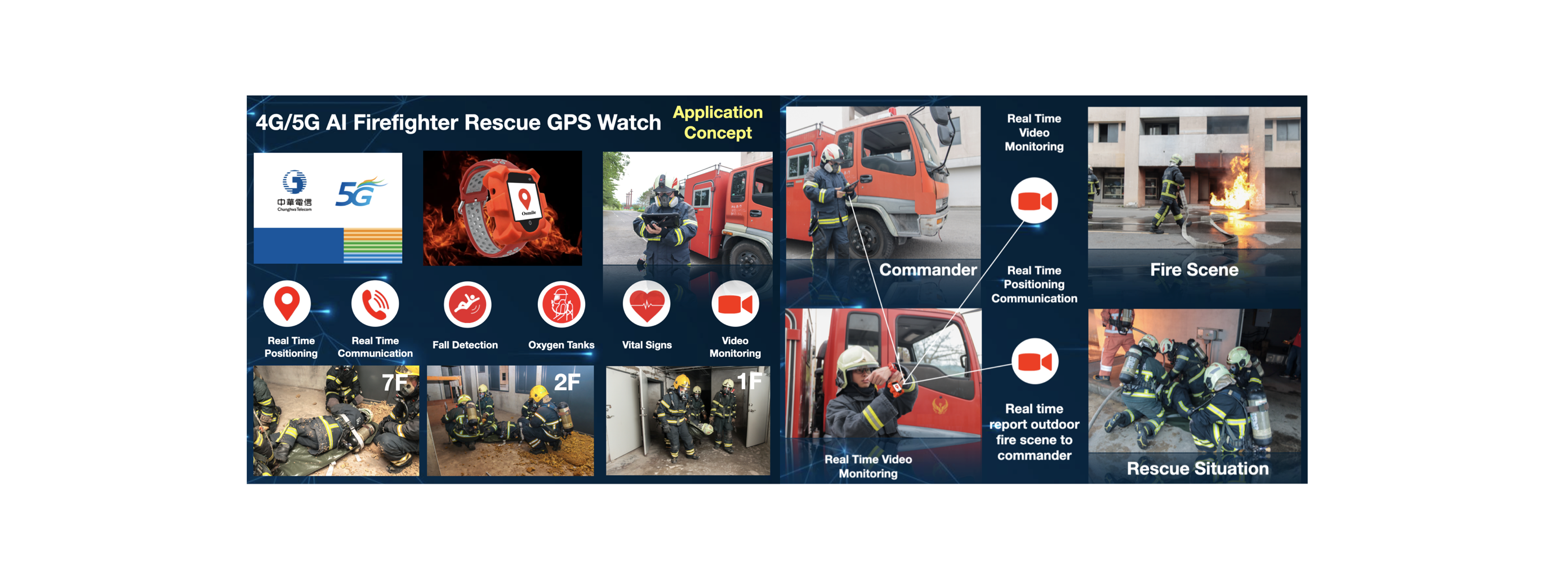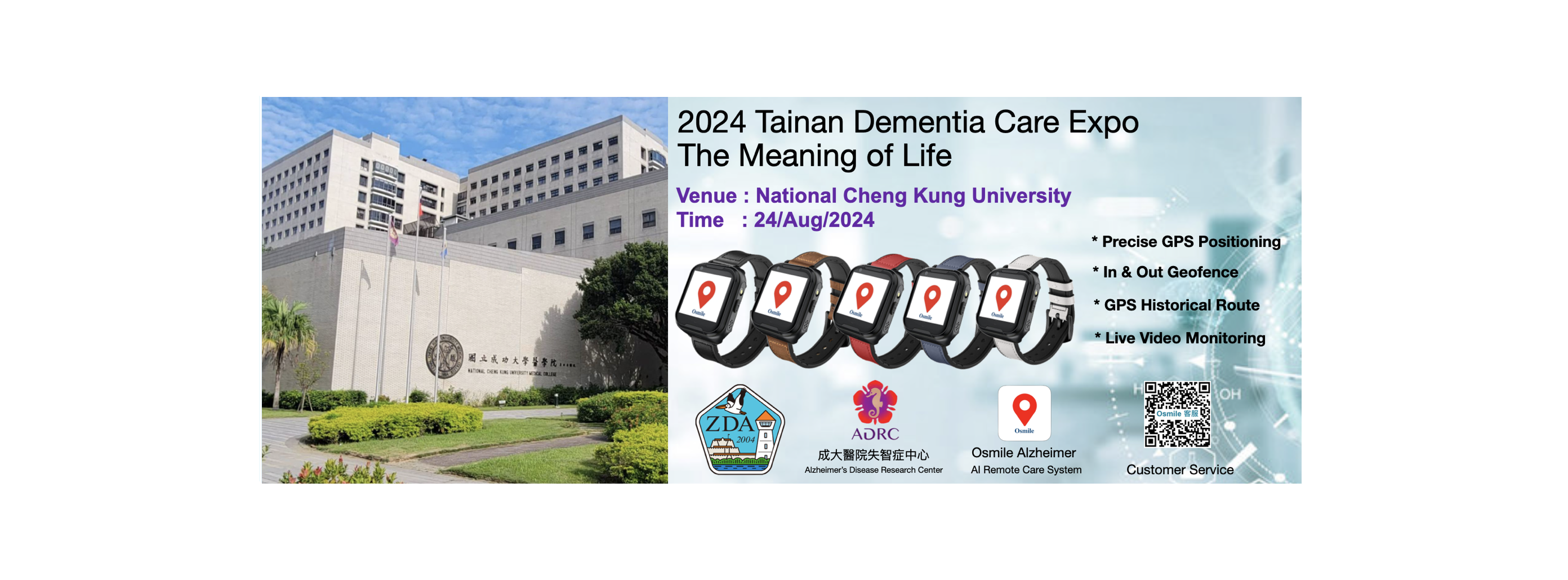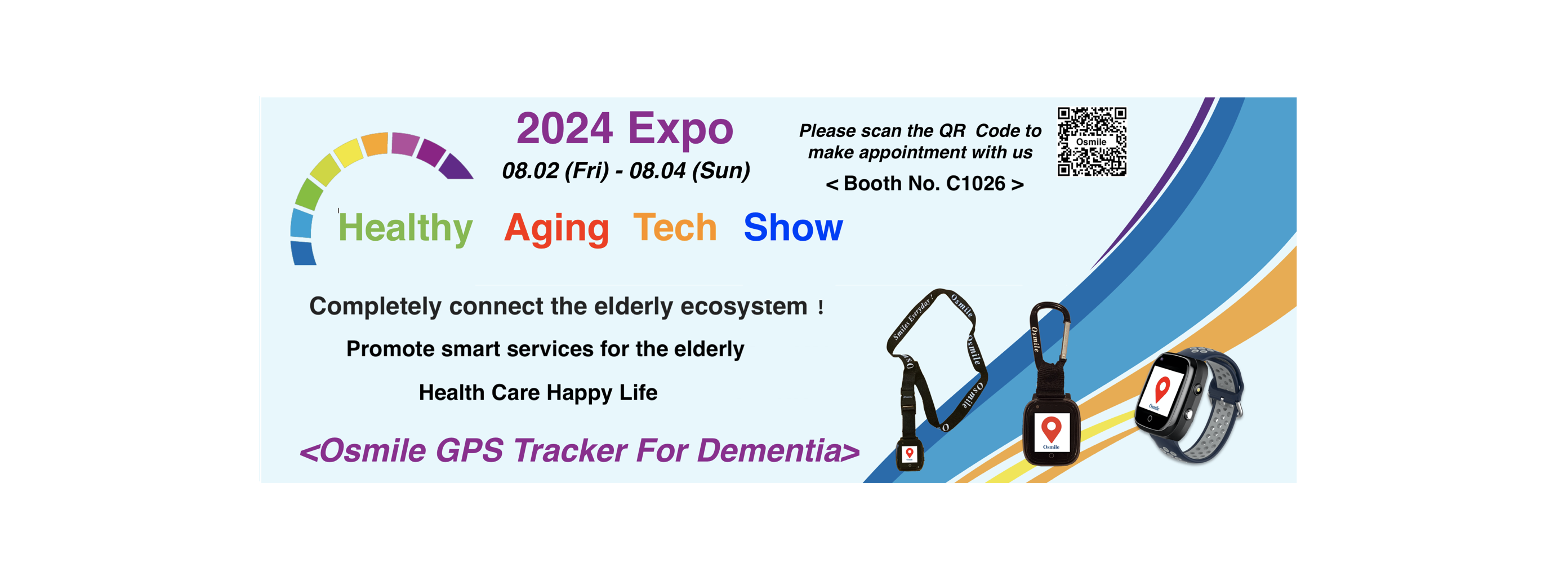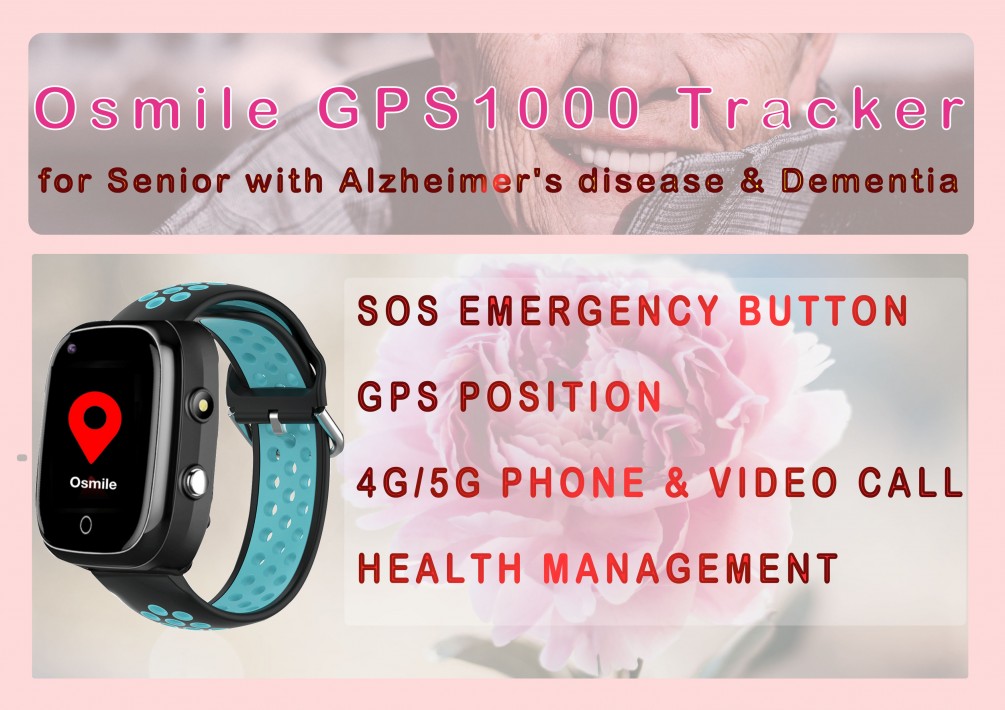News
The effects of Alzheimer’s disease
- Cognitive and functional abilities
A person’s ability to understand, think, remember and communicate will be affected. This could impact a person’s ability to make decisions, perform simple tasks or follow a conversation.
Sometimes people lose their way, or experience confusion and memory loss. Initially, this happens only for recent events, but eventually affects memory of long-term events too.
- Emotions and moods
A person may appear apathetic and lose interest in favourite hobbies.
Some people become less expressive and withdrawn.
- Physical abilities
The disease can affect a person’s coordination and mobility to the point of affecting their ability to perform day-to-day tasks such as eating, bathing and getting dressed.
- Behaviour
A person may have reactions that seem out of character.
Some common reactions include repeating the same action or words, hiding possessions, physical outbursts and restlessness.
What to do when your loved one wanders
The Alzheimer’s Association encourages caregivers to start with a plan to help keep seniors safe. If your aging loved one begins to exhibit wandering behaviors, you should:
• Keep a list of people to call on for help and have telephone numbers easily accessible.
• Ask family, friends, and neighbors to call if they see your loved one alone.
• Keep a recent photo and updated medical information on hand for authorities.
• Keep the home and surrounding areas as safe and secure as possible, and stay aware of dangerous areas like stairwells and bodies of water.
• Try to anticipate places to which your loved one might wander, like a former workplace or house.
• Call 911 if you can’t find your loved one within 15 minutes.
• Buy a Osmile GPS Tracker
How GPS tracking keeps people with dementia safe
GPS tracking has helped people navigate the planet for decades. As with apps for driving directions you use on your smartphone, GPS technology in senior-tracking devices coordinates with satellites to figure out your loved one’s precise location on the ground.
Many methods exist to help prevent wandering, but when it happens, a GPS tracker for seniors can help you find your loved one and prevent emergencies and dangerous situations.
Today, GPS trackers come in many forms and can be so small that people wear them throughout the day without noticing. These trackers allow caregivers to know exactly where an elderly loved one is and can help keep them safe.
Help prevent wandering among people with dementia
Anyone suffering from memory problems is at risk for wandering, even those in the early stages of dementia, according to the Alzheimer’s Association. Six in 10 people with dementia will wander, and as the disease progresses, a person can become disoriented for longer periods of time.
Fortunately, you can avoid the dangers of wandering by creating a safety plan and using services like tracking technology. If you know your loved one is at risk, think of scenarios that could create confusion, and figure out ways to stay aware of their whereabouts — a device from Osmile may be a solution.
Memory care is another option for dealing with wandering among people with Alzheimer’s and other types of dementia. Memory care units generally have 24-hour supervised care within a standalone wing or on another floor of an assisted living facility. The physical layouts of dementia care units are designed to be easy to navigate, which minimizes the likelihood of wandering.
Osmile have offered a discount sale for GPS 1000 tracker watch to celebrate Mother’s Day, the purchase links are also listed below:
Ebay:
GPS1000- USD279 USD 251
https://www.ebay.com/itm/154694829241
Shopify:
GPS1000- USD279 USD 251
Jumia:
GPS1000- NGN 108,252 NGN 97,427
Onbuy:
GPS1000- 225 pounds 202.5 pounds
Lazada:
GPS1000- MY 1,185 MY 1,066
#memorycare
#trackingtechnology
#gpstracker
#dementia
#alzheimer
Please kindly contact Osmile sales: LiHsin Chang
Email: LiHsin_Chang@osmile.com.tw
FB and messenger: Li Hsin Chang




.jpg)
